By Jill Chappell
The Indian Residential School Crisis Line is available 24/7. Call 1-866-925-4419 for mental health support.
Orange Shirt Day is a time to acknowledge the trauma facing Indigenous communities due to residential schools, while promoting truth and reconciliation. Remembering the Indigenous children who died, and the actions that led to these atrocities, is more pressing than ever as the number of confirmed unmarked graves climbs into the thousands.
“It is most important that parents engage in learning more about residential schools and their legacy, acknowledging that many families are still dealing and living with the trauma from attending or having a family member attend one of these schools,” says Katie Gloade, Mi’kmaq educator and PhD health student at Dalhousie University. “There are so many resources available online, in print, and in person that individuals can access. The more a parent understands, the better ability they will have to answer tough questions.”
Katie Gloade, Mental Health Counsellor & Educator
Katie Gloade is originally from Millbrook First Nation. Her specialty is mental health counselling and education with a passion for improving the lives of Indigenous children from a health and wellness perspective. She says to focus on creating a comfortable environment and supporting your child through their emotional response.
“When children start asking those tough questions the key is to provide a positive, patient, and ongoing conversation,” says Gloade. “This topic may cause a range of emotions in children and it’s important to acknowledge those feelings and support your child through them. Parents shouldn’t shy away from bringing up the conversation at home, so that children know their parents are aware of the topic. Once the invitation is there, allow the child to direct the conversation at their own pace.”
Support your children to take the lead in the learning process through the pages of a book. Families can immerse themselves in personal stories of survivors and explore Mi’kmaq culture and language to enhance their knowledge and appreciation. A wide selection of stories focusing on the Indigenous experience are available at your local libraries including books from Mi’kmaw authors like Rita Joe, Alan Sylliboy, and Rebecca Thomas.
“Reading stories together can help children understand what they’re hearing and focus on empathy, love and learning,” says Laurel Taylor, integrated communications and fund development manager at Halifax Public Libraries. “Halifax Public Libraries has books available for all reading levels to build age-appropriate knowledge of Canada’s residential schools.”
Parents shouldn’t shy away from bringing up the conversation at home, so that children know their parents are aware of the topic
Alongside education and conversation, there needs to be empathy and understanding. Vanessa Nevin is the granddaughter of a residential school survivor and director of health at the Atlantic Policy Congress of First Nations Secretariat. She encourages parents to approach the subject with empathy and have their children imagine themselves in the position of Indigenous children being forced to leave their family, home, and culture behind.
Vanessa Nevin, Atlantic Policy Congress of First Nations Secretariat
“How would you feel if someone hurt you because of the language you speak, the culture you practice, the food you eat, and your beliefs?” asks Vanessa Nevin, granddaughter of a residential school survivor. “Then, they lied and said that they did not do it or that it was a long time ago, so they were not responsible? Then, they went around telling you that you were a liar … for saying they hurt you? It would be pretty hard to heal your wounds, too.“
The legacy of the Indian Residential Schools has a profound impact on the health and wellness of Indigenous Peoples. The trauma experienced by those who attended the schools has since been passed on to their families, and respective communities.
“Everyone needs to understand there were policies put in place by the government that hurt Indigenous people,” says Nevin. “Children need to understand that this is not ancient history. These policies may have been still implemented in their parents’ or their grandparents’ generation. It is their responsibility to learn this history so that they understand the true history of the country they live in and why this country has a responsibility to repair the damage it caused.”
The Mental Health Foundation of Nova Scotia is proud to fund several mental health projects in Indigenous communities across the province.
“We know the demand for mental health programming will continue to grow as we learn more about the horrors of residential schools,” says president and CEO Starr Cunningham. “It’s time for all of us, young and old, to step-up and take action.”
To learn more, sign up for University of Alberta’s free Indigenous Canada online course or read the United Nations Declaration on the Rights of Indigenous Peoples (UNDRIP), and TRC’s Calls to Action and the Calls for Justice from the Final Report of the National Inquiry into Missing and Murdered Indigenous Women and Girls. Together, we can create a better future for our children by learning about our past.


